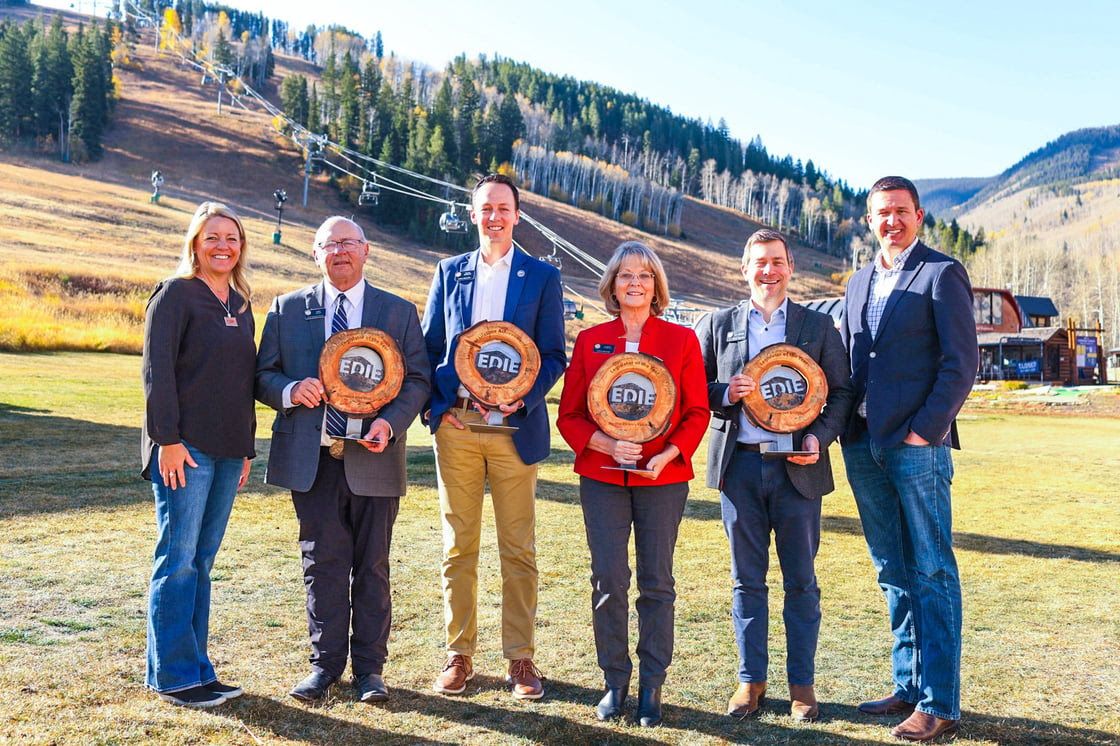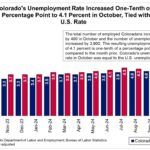A bit of hindsight on the 2021 election

I know I’m not offering the final word or the definitive perspective on what we learned about our community through the 2021 election results. However, having consumed my turkey day feast, I offer these thoughts with the benefit of both hindsight and tryptophan.

Student and renter impact: Like many who follow the elections results that begin to appear on the Boulder County Clerk’s election website soon after polls close, I assumed a consistent voting pattern that initially leaned toward the candidates most associated with greater control over housing development and a stronger law enforcement response to homeless encampments. As the days wore on, though, a very different picture emerged, pushing more candidates with a bent toward services for the homeless and a priority focus on housing expansion into the top five voting positions.
This was a significant victory for The Coalition that included the Boulder Progressives, Open Boulder, Better Boulder, Bedrooms Are For People, the South Boulder Creek Action Group and United Campus Workers Colorado. A major element of their campaign efforts was securing votes from CU students and renters. It is fair to assume that these voters take more time to complete their ballots — and thus have them counted later by the clerk’s office — because their base knowledge of candidates and community issues is lower than long-time Boulder homeowners. As this has been demonstrated in previous elections, though, candidates and issue committees ignore these voters at their peril. With time for reflection, they develop their opinions on the issues and align their candidate preferences accordingly.
SPONSORED CONTENT
Enforcement with compassion: The most potent issue that wasn’t on the ballot this election was how we respond to homeless encampments. Across the board, candidate positions were quite nuanced on this issue, but the campaign partisans tended to place them in one of two camps. On one side are those who reflected the deep concern of certain local business leaders and residents regarding the public safety threat associated with a visibly growing homeless population. The priority for these candidates has been a stronger law enforcement response. On the other side were the candidates who are interested in pursuing opportunities for a more service-oriented approach to care for the homeless population.
I will admit my surprise that the law enforcement focus didn’t serve as a greater apparent draw in the final vote tally. Frustration with rising property crime and personal safety concerns seemed at a high pitch across the political spectrum. Yet, interestingly, the voters seemed to support a more balanced approach to our homeless residents in their selection of city council candidates. This includes experimenting with service options, coordinated with traditional law enforcement tools, in the treatment of homeless encampments.
Public process works: I’ve been following local politics for quite some time, and I don’t think a final election result surprised more folks than the drubbing we witnessed for Ballot Measure 302 — “Let the Voters Decide on Annexation of CU South.” This initiative seemingly had everything going for it, including the value residents place on protecting undeveloped property, the right of citizens to vote on important community issues, and the potential threat to a leash-free fido. There are some who argue that the ballot language confused voters into thinking a “yes” vote was supporting annexation. That could have accounted for a few errant votes against Ballot Measure 302, but I put more faith in voter discernment.
In my thinking, this was a victory for public process, with voters making a conscious decision to accept a long and hard-fought negotiated agreement between the University of Colorado and the city of Boulder. Flood protection is a serious concern for Boulder residents. The University of Colorado is a critical asset to our community and housing more of its students, faculty and staff has been a long-time priority. The process of balancing these values against many other interests was arduous and, in my mind, unnecessarily exhaustive. However, with due credit to the city council and CU leadership, along with remarkable staff work, it seems the voters registered their support for the journey that arrived at a final annexation agreement.
Those are my top hindsight take-aways from the 2021 local election cycle, at least while I digest my Thanksgiving leftovers. Still, there are other significant election issues to dissect. So stay tuned, as the holiday punch begins to work its magic, for my thoughts on interpreting voter intent in other issue areas of importance to our economy and community.
John Tayer is president and CEO of the Boulder Chamber of Commerce. He can be reached at 303-442-1044, ext 110 or john.tayer@boulderchamber.com.
I know I’m not offering the final word or the definitive perspective on what we learned about our community through the 2021 election results. However, having consumed my turkey day feast, I offer these thoughts with the benefit of both hindsight and tryptophan.

Student and renter impact: Like many who follow the elections results that begin to appear on the Boulder County Clerk’s election website soon after polls close, I assumed a consistent voting pattern that initially leaned toward the candidates most associated with greater control over housing development and a stronger law enforcement…





